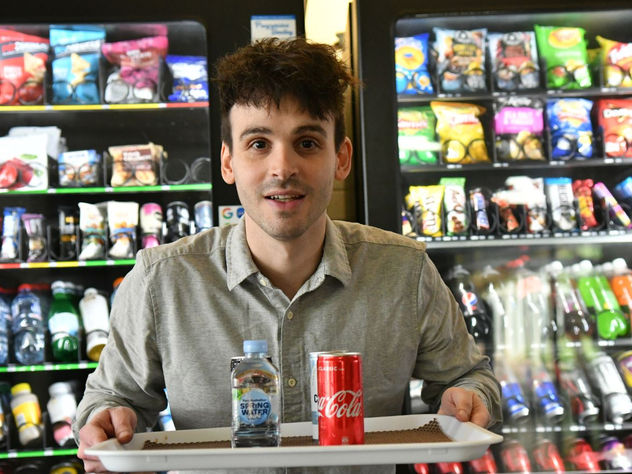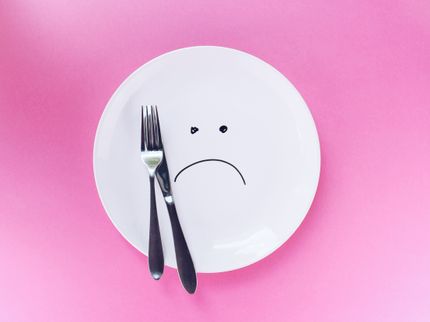New insights to combat soft drink consumption
Psychologists assess why it’s so hard to say ‘no
Advertisement
In spite of health warnings about high consumption of carbonated soft drinks, global consumption has been rising rapidly for more than 50 years.

Flinders University PhD candidate Joshua McGreen
Flinders University
Now Flinders University psychology researchers, as part of an Australian Research Council Discovery project, are looking to arrest this trend by investigating potential individual responses and ‘mechanisms’ for this increase in soft drink consumption.
One contributing factor is believed to be how people respond differently to daily exposure to soft drink ‘cues’, with soft drinks available around-the-clock 24/7 from supermarkets, convenience stores, vending machines and petrol stations.
Studying findings from more than 120 undergraduate university students (81 women and 38 men aged 17 to 25 years), it was self-regulatory (‘inhibitory control’) and ‘evaluation bias’ for soft drink cues (or ‘automatic positive judgment’) which were both associated with drinking more soft drink.
“Evaluative bias for soft drink cues may be an important factor in soft drink consumption as soft drinks are heavily marketed and these powerful marketing messages generally associate soft drinks with positive emotions such as ‘being cool’ or ‘having fun with friends’ or even ‘happiness’,” says Flinders University PhD candidate Joshua McGreen, lead author of a new paper currently in pre-press in the international journal, Appetite (Elsevier).
“This study takes us closer to finding new and accessible methods to help habitual soft drink users and other consumers who want to more actively try to limit their intake,” he says
“While placing a tax on soft drinks is one strategy, it doesn’t address the underlying mechanisms that drive soft drink consumption, nor does it empower individuals to regulate their own consumption behaviour.”
Young adults in this age group are the core consumers of soft drinks, now a major public health problem with 40-50% of adults in Australia consuming at least one soft drink a week.
Self-regulatory control and evaluative bias were each measured using computerised cognitive tasks, and the amount of soft drink consumed was measured using a taste test.
The Flinders University research will expand in 2022 to investigate targeted interventions to reduce soft drink consumption, possibly via an easy-to-use mobile app or other methods.
With weight gain, tooth decay, risk of diabetes and even lower academic performance among the pitfalls of excessive soft drink consumption, awareness campaigns and medical interventions are in the pipeline in both developing and advanced economies.
WHO guidelines recommend adults and children reduce their daily intake of free sugars to less than 10% of their total energy intake. A further reduction to below 5% or roughly 25 grams (6 teaspoons) per day would provide additional health benefits.





























































